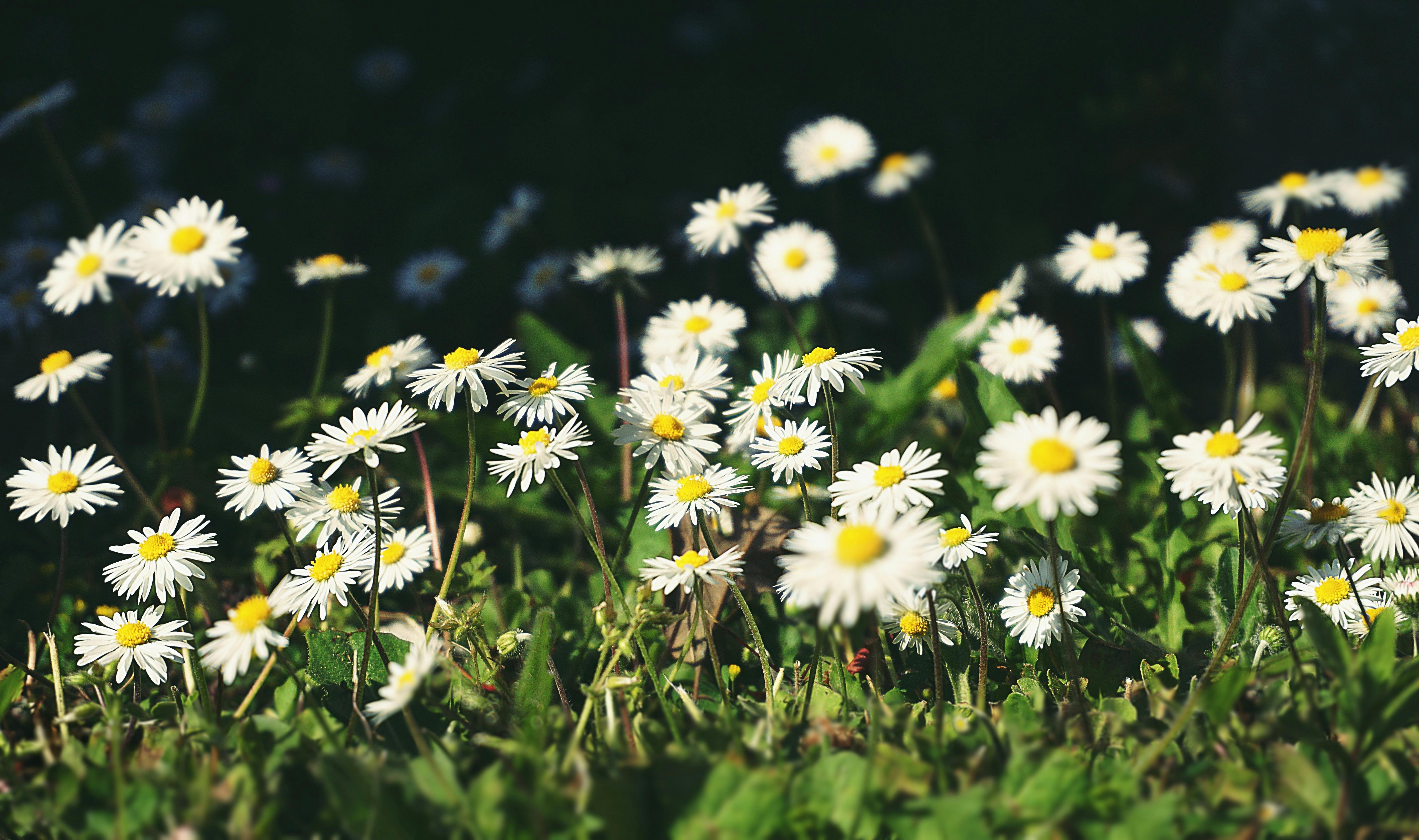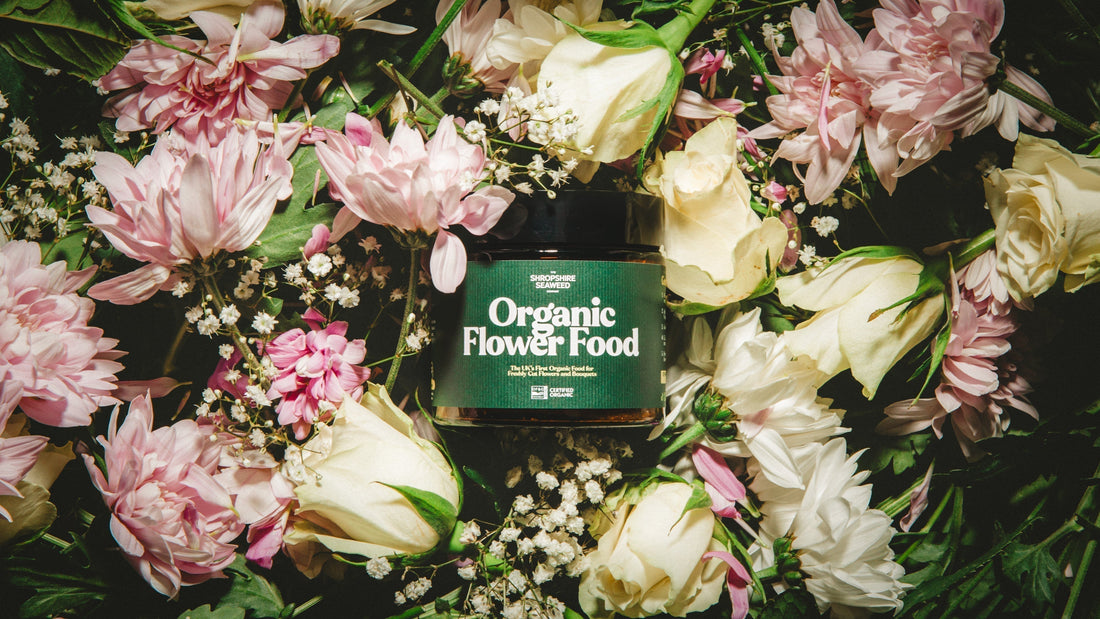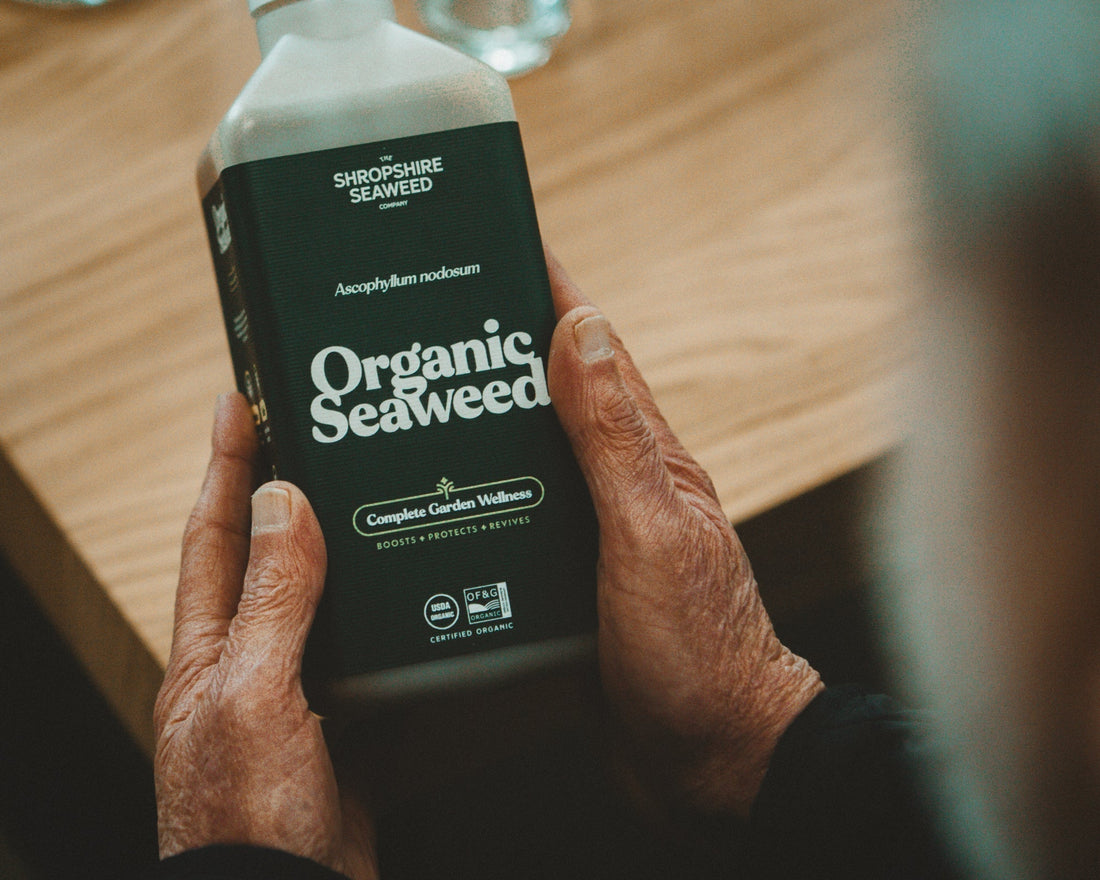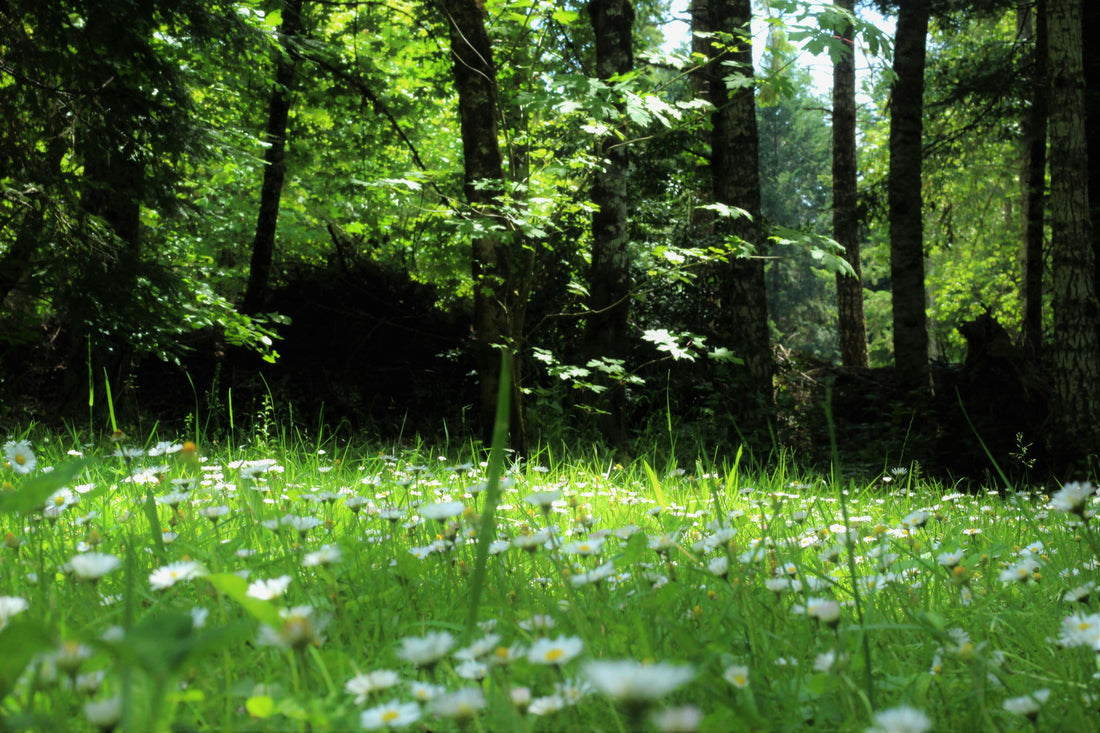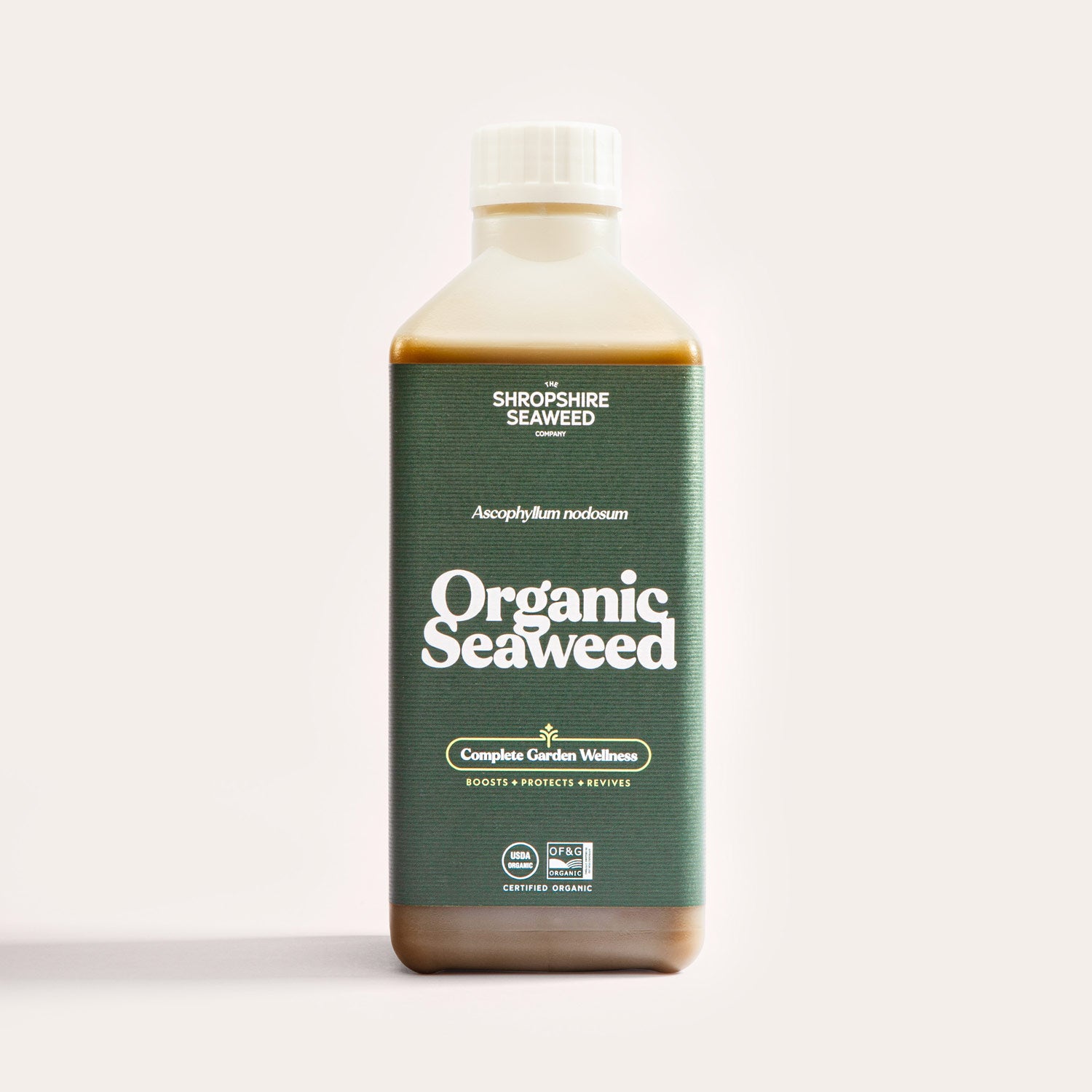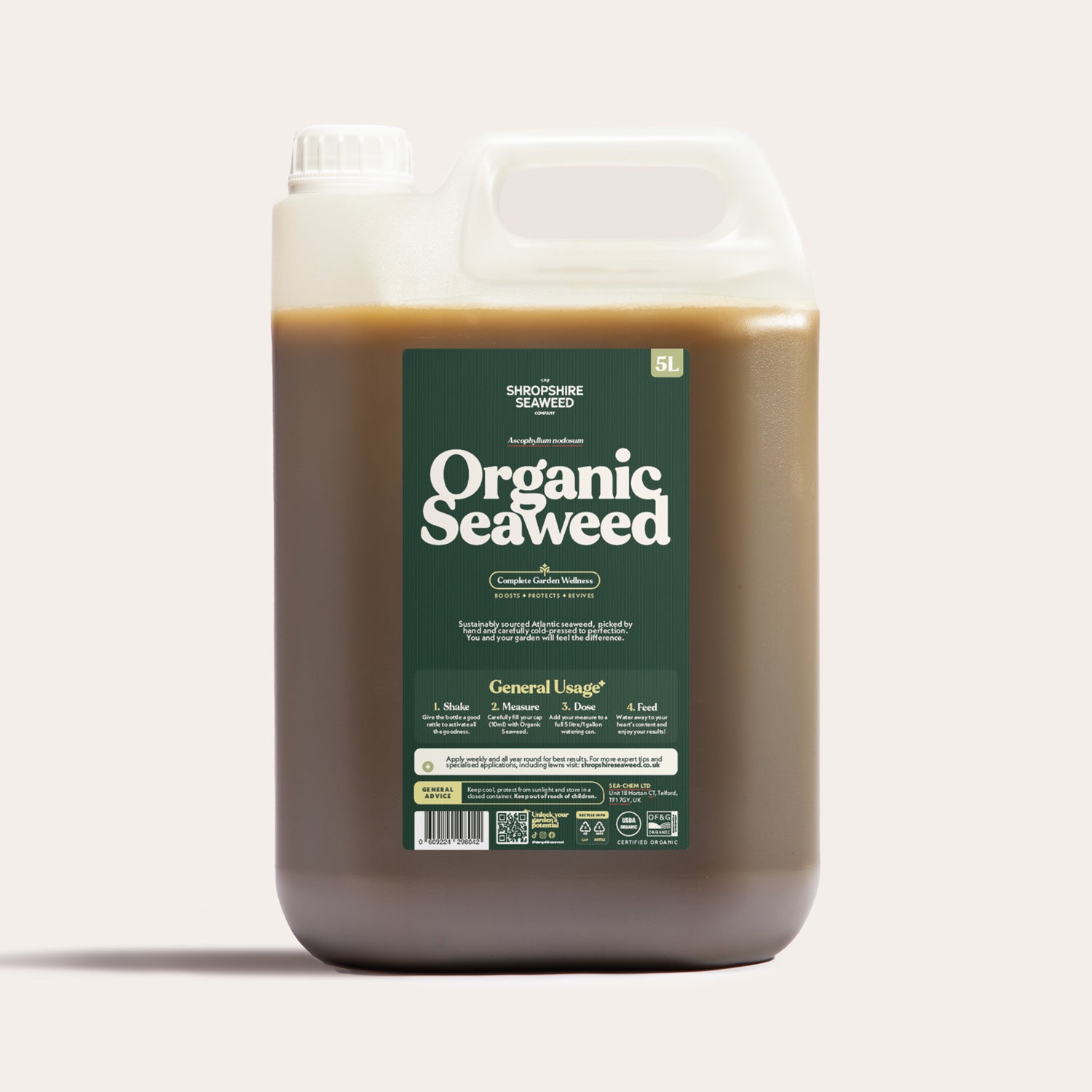Reflections on COP30 and What It Means for the Future of Gardening.
As world leaders gathered for COP30, the global climate conversation felt more urgent and more hopeful than ever. While agreements and targets dominated the headlines, one message rang loud and clear beneath it all: meaningful climate action doesn’t only happen on international stages, it happens in our homes, our communities, and even in our gardens.
For us at The Shropshire Seaweed Company, COP30 was a reminder of why we exist and what we’re striving to improve. We may be a small business, but we believe that positive change begins at ground level; literally, in the soil beneath our feet.
Below are our reflections on the key themes from COP30 and how they shape the future of gardening, sustainability, and our own direction as a company.
1. Soil Health Is Climate Health
One of the strongest threads throughout COP30 was the recognition of soil as a vital climate tool. Healthy soils store carbon, hold water, support biodiversity, and maintain resilient ecosystems. Yet conventional gardening and agricultural practices continue to degrade soil structure and microbial life.
In the UK, gardens make up an enormous, connected landscape, larger than many of our national parks combined. That means gardeners are uniquely positioned to restore soil health on a meaningful scale.
At The Shropshire Seaweed Company, our mission is to encourage and educate around soil-first gardening, understanding its needs, nurturing its biology, and rebuilding the organic matter that helps gardens thrive naturally.
If we care for the soil, it will care for the planet.
2. Working With Nature, Not Against It
COP30 reinforced the global shift toward nature based solutions. Instead of trying to dominate or overly control natural systems, the call is to support them.
For gardeners, that means embracing practices such as:
- Mulching
- Composting
- Reducing harmful synthetic inputs
- Encouraging natural predators
- Supporting diverse planting
These methods aren’t just environmentally gentle, they make gardens more resilient, adaptable and self-sustaining.
Our commitment is to promote gardening that respects ecosystems rather than disrupts them. We want to empower gardeners to choose gentler, more regenerative approaches that support long-term environmental health.
3. Climate Resilient Gardens for a Changing Britain
With hotter summers, wetter winters and increasingly unpredictable weather, climate adaptation was a major focal point at COP30. The conversation highlighted that resilience must be built into how we manage land, including our gardens.
A climate-resilient garden:
- Holds moisture more effectively
- Recovers more quickly from stress
- Supports deep rooted planting
- Embraces diversity rather than monoculture
- Requires less intervention and fewer resources
We see our role not as telling people what to buy, but helping people understand how to garden in ways that strengthen resilience rather than fight against nature’s changes.
Gardening for the future means creating spaces that can adapt as the climate does.
4. A Renewed Focus on Biodiversity
Perhaps the most emotional conversations at COP30 were about biodiversity loss, the silent crisis unfolding around us. Birds, insects, pollinators and soil organisms are under pressure, and the effects ripple through entire ecosystems.
Gardens can become sanctuaries.
By planting for pollinators, reducing chemical use, leaving wild corners, and supporting food sources for wildlife, gardeners can help restore the ecological balance that climate change threatens.
Our aim is to champion gardening that brings nature back in, not shut it out. Every bee-friendly plant, every wildlife-friendly decision and every patch of healthy soil contributes to a richer, more biodiverse landscape.
5. Conscious Choices, Lower Impacts
Another theme at COP30 was the global call for a more circular, low waste economy. This applies to gardening more than many people realise. Everything we bring into our gardens has an environmental footprint, from the materials we buy to the waste we produce.
As a company, we’re committed to being more responsible and transparent about how we operate. We are continually reviewing:
- Our material choices
- Our packaging impact
- Our supply chain decisions
- Our long-term environmental footprint
We’re far from perfect, and we don’t pretend otherwise. But improvement is ongoing, and we’re dedicated to making choices that benefit the planet as much as they benefit gardeners.
6. Education as Climate Action
One of the clearest takeaways from COP30 was the importance of public awareness. Climate action accelerates when people understand the why, not just the what.
We believe in making sustainable gardening simple and accessible. Our goal is to share knowledge that helps people feel confident making environmentally conscious decisions, whether that’s improving their soil, supporting pollinators, reducing waste or embracing organic principles.
Small choices, when multiplied, become significant change.
7. Gardens as Climate Micro-Habitats
COP30 highlighted the power of local action, urban greening, community planting, and small-scale ecological restoration.
A single garden may seem insignificant, but millions of gardens form a vast climate-supporting network. From soil carbon to shade, biodiversity to water absorption, gardens directly influence environmental wellbeing.
At The Shropshire Seaweed Company, we want to help people see their gardens not just as personal spaces, but as living, breathing ecosystems that contribute to something far bigger.
Our Commitment Going Forward
COP30 is another reminder that climate action is not a trend, it’s a responsibility. As a small company with strong environmental values, we’re committed to:
- Continuing to improve our sustainability practices
- Supporting gardeners in making organic, nature-friendly choices
- Offering guidance that empowers people to nurture healthier gardens and healthier soils
- Being honest about our ongoing sustainability journey
- Using our platform to encourage climate-positive home gardening
We’re proud to be part of a community of gardeners who care deeply about nature, soil health, biodiversity and the future of the planet. COP30 gave us hope, and strengthened our determination to play our part, however small it may be.
Because climate action doesn’t start on a global stage.
It starts in the garden, your garden.
